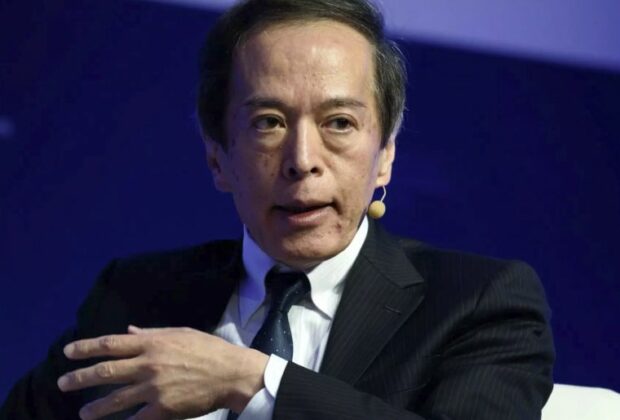The unexpected selection of academic Kazuo Ueda as Japan’s next central bank governor raises the possibility of an end to the country’s unpopular yield control policy.
According to documents presented to parliament on Tuesday, Ueda, a 71-year-old former member of the Bank of Japan (BOJ) policy board, will succeed Haruhiko Kuroda, whose second, five-year term ends on April 8.
Kuroda’s decade-long monetary experiment, which aimed to shock the public out of a deflationary mindset and could eventually align Japan with other major economies toward higher interest rates, comes to a historic end with the leadership change.
Ueda must carefully normalize its prolonged ultra-easy policy, which has come under increasing public criticism for distorting market function and crushing bank margins, now that inflation has exceeded the BOJ’s 2% target.
Analysts anticipate that Ueda, who has previously warned of the dangers of raising interest rates too quickly, will delay tightening monetary policy.
Analysts say that given his previous comments highlighting its potential flaws, he may be more keen than his predecessor to roll back yield curve control (YCC), a complicated framework that combines negative short-term rates with a 0.5% bond yield cap.
Naomi Muguruma, senior market economist at Mitsubishi UFJ Morgan Stanley Securities, stated, “Ueda is likely to focus on theory and empirical analysis in guiding monetary policy.”
“I don’t think he will idly continue a policy that didn’t work and showing increasing side-effects,” she said.
Many investors were surprised by the appointment of Ueda, which was first reported in the Nikkei newspaper and confirmed on Friday. They had anticipated that deputy governor Masayoshi Amamiya, a career central banker, would be appointed.
Analysts say that with Ueda in charge, the BOJ will be able to move away from its current stimulus policy more easily than with Amamiya in charge, who was a key player in shaping Kuroda’s policies.
“There’s a possibility the BOJ will end its policy of capping the 10-year bond yield this spring or summer,” said Izuru Kato, chief economist at Totan Research.
“Once it removes the 10-year yield target, the BOJ could wait to see how inflation and overseas economies develop in deciding when to exit negative rates,” he said.








